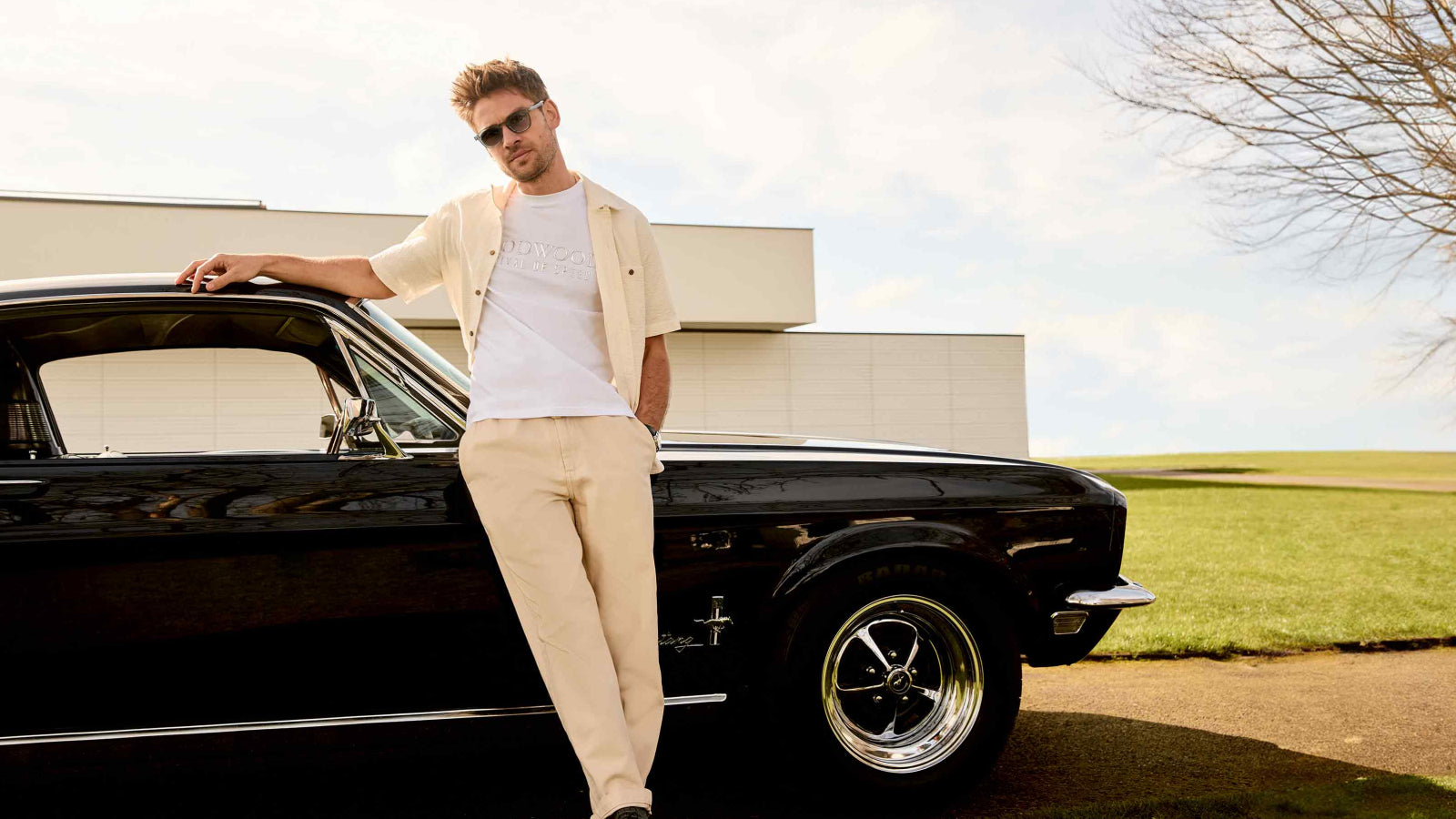Meet the forgotten Group B stars
The stalwarts of Group B: Lancia, Audi, Peugeot, Ford and to a slightly lesser extent Austin and Renault. But what about Citroën? Opel? Mazda? Or even... Ferrari? Yes the world of Group B rallying is a bigger place than you think, one where you might stumble across the odd unicorn.
When gathering the full Group B field, a collection often slams shut after that initial group of six, leaving the truly rare models out in the cold. But fortunately for GRR, this year's Retromobile did not neglect those other manufacturers who gamely made up the rest of the field in rallying's most extreme age but were so cruelly removed from its major history.
First up is Citroën – this is a French show after all – the other half of the PSA group had not one, but two cars to its name. OK so the Visa wasn't initially a Group B car, but it did compete in the era, initially in front-wheel-drive form before eventually becoming the 4x4 1000 Pistes edition we see before us. This Group B version still only toted around 112bhp (compared to the 600bhp monsters around it) but as 200 were made and it could be easily homologated to other regulations it was a car that transcended its age, going on to achieve relative success when the big bangers were banned.
Citroën really dove head first into the Group B mire, with the BX 4TC – a car which looks like the sad lovechild of the Audi Quattro and the Lancia Delta S4. The front-engined, monocoque-chassised 4TC didn't arrive until 1986, by which time the majority of its competitors had already switched to lightweight spaceframes and shoehorning engines of much too many litres into the back rather than the bonnet. Thus, the Citroën faced an uphill struggle straight away. Sadly for the quirky BX, it would compete in three WRC events, suffer three mechanical failures and return to its crate never to be seen again. Citroën had built so few 4TCs that after they recalled them for destruction not many remained, therefore this could perhaps regard itself as even more historically valuable than the others (sort of).
So what could be rarer than that Citroën? How about a rotary-powered rally car? One which managed to enter seven WRC events, score 24 points and rally from 1984-1986? Meet the Mazda RX-7 – a car so rare and unloved that Mazda themselves wanted nothing to do with it.
So how did the RX-7 find its way onto the stages? For the answer, we must turn to Festival of Speed regular, and hillclimb master, Rod Millen, who decided to take Mazdas rallying in the 1980s. Sadly for Millen, and partner Achim Warmbold, Mazda so no interest in Group B, preferring to put some money behind a 323 in Group A spec. Already on their way to the WRC and not inclined to stop Millen and his crew soldiered on in the rear-wheel-drive RX-7 until Group B was eventually banned with little success and with little detail remaining about the car. But what could be cooler than a Group B car with a rotary engine?
Much has been written about the Ferrari 308 Group B contender, perhaps as exciting a machine as could ever have existed, and we should never forget the brilliant Opel Manta 400, as you can see above, which found little success in the international competition, but brought some brilliant results (and videos) on the national stage, especially in the hands of Ari Vatanen.
But it's Citroën and Mazda's efforts that go too often forgotten and deserve more attention from history. So to those heroic failures and bonkers designs we raise a glass! Which would you like to rally?
Photography by Tom Shaxson.
Group B
Retromobile
Retromobile 2017
WRC
Citroen
BX
Mazda
RX-7
Ferrari
308
Opel
Manta






















































































